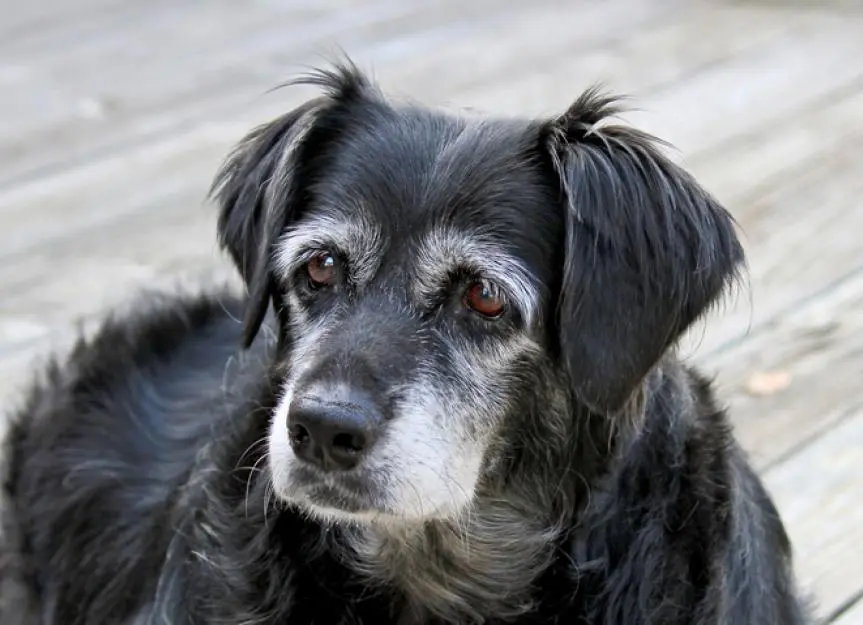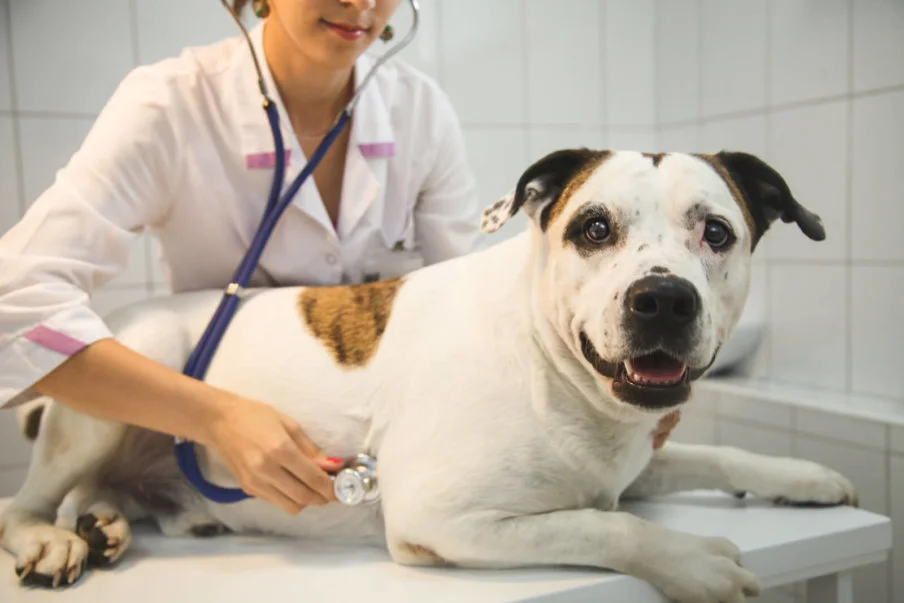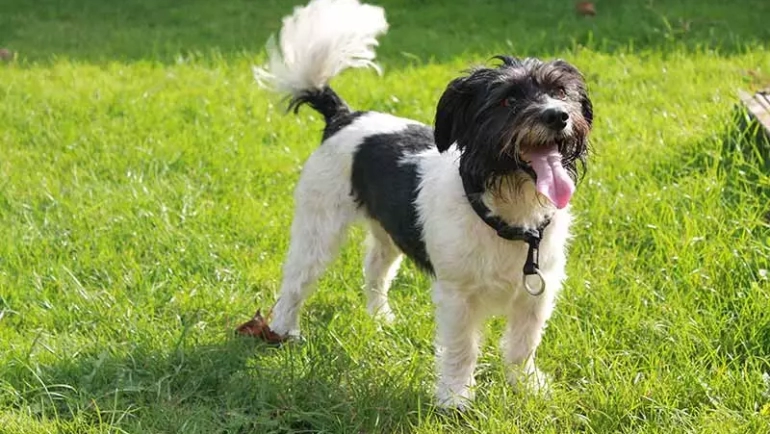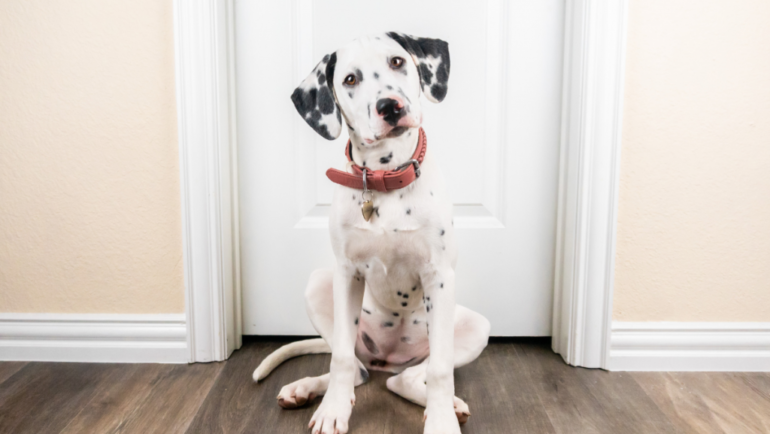225Views

Senior Dogs Pooping In House: Causes & Treatments
Senior dogs bring an abundance of joy, companionship, and a lifetime of shared memories.
However, as our loyal canine friends age, they may encounter various health issues, including difficulties in controlling their bowel movements.
Dealing with senior dogs pooping in the house can be a challenging aspect of pet care, requiring patience, understanding, and proactive measures to ensure both the well-being of your furry friend and a harmonious living environment.
In this article we will share with you how to Stop senior dogs from indoor accidents with practical tips to create a senior-friendly environment.
Understanding the Causes
Senior dogs, much like their human counterparts, experience changes in their bodies as they age. Health issues such as arthritis, muscle weakness, and decreased bowel control can contribute to accidents in the house.
Additionally, underlying medical conditions, such as gastrointestinal problems, cognitive dysfunction, or urinary tract infections, may be the root cause of your senior dog’s unexpected indoor accidents.
It is crucial to consult with your veterinarian to rule out any potential health concerns and develop a tailored approach to manage your dog’s specific needs.
Read Also: Why My Dog Is Pooping Blood And Mucus
Hot To Stop My Dog From Pooping In The House
1- Creating a Senior-Friendly Environment:
Adapting your living space to accommodate the needs of your senior dog can significantly reduce the likelihood of accidents.
Consider placing easily accessible water and food bowls on the ground, providing comfortable and non-slip bedding, and strategically placing pee pads in areas where accidents are more likely to occur.
Installing ramps or pet stairs can aid in overcoming mobility challenges, making it easier for your senior dog to reach outdoor spaces when nature calls.
2- Establishing a Consistent Routine:
Routine plays a vital role in managing accidents with senior dogs. Establish a regular feeding schedule and take your dog outside for bathroom breaks at consistent intervals.
Be patient and understanding if accidents do occur, as scolding may exacerbate stress and anxiety in older dogs.
Positive reinforcement for outdoor elimination can reinforce good behavior and strengthen the bond between you and your furry friend.
3- Nutritional Considerations:

Dietary adjustments can also contribute to managing accidents in senior dogs. Consult with your veterinarian to determine if a specialized senior dog food or supplements are appropriate for your pet’s specific needs.
Adequate hydration is essential, as it can help prevent constipation and maintain overall digestive health.
4- Exercise and Mental Stimulation:
Maintaining a proper exercise routine is crucial for the physical and mental well-being of senior dogs.
Regular walks, gentle play sessions, and mental stimulation activities can promote overall health and contribute to better bowel control.
Engaging your senior dog in activities that stimulate their mind can also help alleviate stress and reduce the likelihood of accidents.
Read More: Guide To 7-Year Dog’s Behavior
Conclusion:
Caring for a senior dog requires a compassionate and proactive approach to address the challenges they may face, including accidents in the house.
By understanding the underlying causes, creating a senior-friendly environment, establishing a consistent routine, making appropriate nutritional adjustments, and providing adequate exercise and mental stimulation, you can enhance your senior dog’s quality of life and enjoy their companionship for years to come.
Remember, consulting with your veterinarian is essential to tailor a care plan that meets the unique needs of your aging furry friend.


